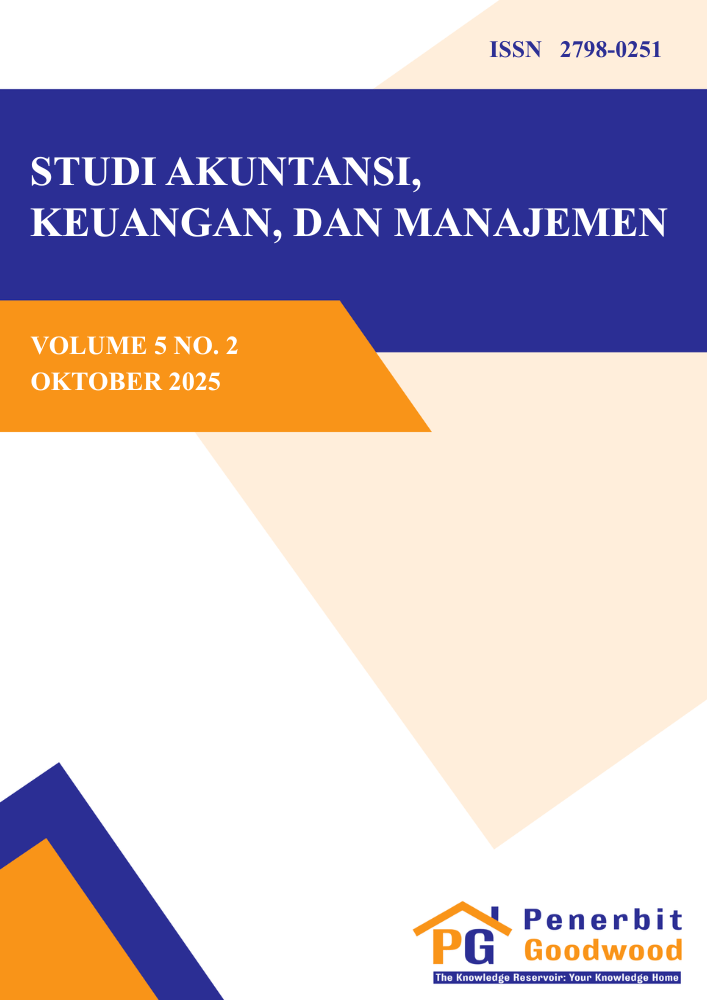Peran Kepercayaan dalam Moderasi Strategi Pemasaran Digital pada E-Commerce Bali
Abstract:
Purpose: This study examines the influence of soft selling, content marketing, and customer service quality on purchase decisions in the digital era, with consumer trust as a moderating variable. The focus is on how these marketing strategies shape consumer behavior in the context of e-commerce in Bali.
Methodology/approach: A quantitative research approach was applied by distributing structured questionnaires to 240 active e-commerce users in Bali selected through purposive sampling. Data analysis was conducted using partial least squares structural equation modeling (PLS-SEM) with SmartPLS software.
Results: The findings show that Soft selling, content marketing, and customer service quality significantly and positively affect consumer trust. Furthermore, consumer trust has a direct positive effect on purchase decisions and serves as a moderating factor that strengthens the relationship between the independent variables and purchase decisions.
Conclusions: Consumer purchasing decisions are directly influenced by soft selling strategies, content marketing, and service quality, while trust has not been proven to strengthen these relationships but rather acts as an independent factor.
Limitations: The study is limited to respondents in Bali and focuses solely on e-commerce users, which may restrict the generalizability of the results to other regions or industries.
Contribution: This study contributes to the literature on digital marketing by providing empirical evidence of the moderating role of trust in consumer purchase decisions. Practically, it offers insights for e-commerce businesses in Bali to enhance digital marketing strategies that focus on consumer experience, customer service quality, and trust-building to strengthen competitiveness in the digital market.
Downloads

This work is licensed under a Creative Commons Attribution-ShareAlike 4.0 International License.

